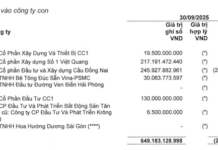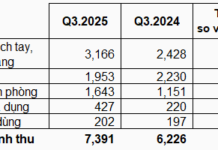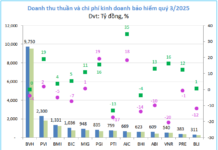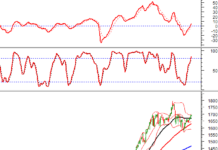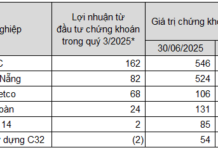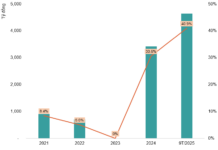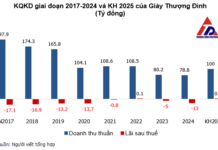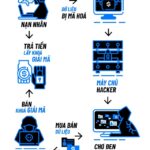It is advisable to limit the use of public computers and public Wi-Fi when accessing electronic banking systems. Additionally, according to the State Bank of Vietnam (SBV), individuals should directly type the web addresses of e-banking websites instead of choosing available links, and only log in to the bank’s official website.
While public Wi-Fi can be convenient, allowing people to work and connect for free and save battery life, it may also expose users to significant risks in cyberspace. When using public Wi-Fi, users may encounter dangers such as data theft, malware propagation, eavesdropping attacks, and, most importantly, loss of money from their bank accounts.

Using public Wi-Fi poses risks of losing money and personal information. Illustrated.
The SBV states that given the complex nature of cybercrime, in addition to banks implementing solutions to ensure information security, such as biometric authentication for money transfers according to Decision 2345, individuals need to enhance their awareness of cyber security and follow guidelines for safe use of e-banking services.
Therefore, according to the SBV, individuals must adhere to the regulations and guidelines provided by banks offering online transaction services and register to receive notifications of balance changes and transactions.

Individuals need to enhance their awareness of cyber security and update biometric information when performing transactions. Illustrated.
Regarding passwords for accessing online transaction services, individuals should set strong and unpredictable passwords, ensure safety rules, change passwords regularly, and refrain from using password-saving features for automatic login.
Importantly, according to the SBV, individuals should never provide their online banking username or password, OTP codes, or other sensitive information to anyone, including bank staff, and should be vigilant and avoid accessing unfamiliar links received via chat, SMS, or email on their phones to prevent the risk of fraud and information theft.
If your username or password has been compromised or is suspected to be, promptly notify your bank for timely assistance. In case of a lost card, customers should block the card through the e-banking application or inform the bank as soon as possible to avoid the risk of losing all the money in the card.
Furthermore, the SBV recommends that individuals only install applications from official stores like Google Play and the App Store and only shop or make online payments on reputable, licensed, and contactable websites. People should proactively protect and secure their personal and account information and regularly monitor and update online payment security alerts from banks and mass media.
Individuals can visit banks to update biometric information
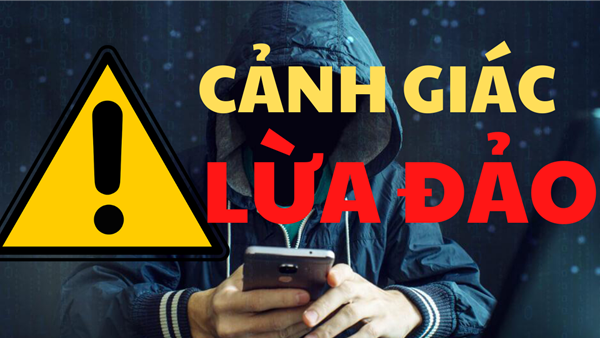
In the initial phase of implementing biometric authentication for certain types of online transactions, many fraudulent actors have emerged. Illustrated.
Since July 1, banks have been implementing biometric authentication for certain types of online transactions in accordance with Decision No. 2345.
However, in the initial phase of implementation, fraudulent actors have taken advantage of customers who faced difficulties in updating their biometric information. These scammers impersonated bank employees, offering to assist customers with biometric setup, and subsequently stealing their assets.
According to banks, these fraudulent actors typically contact customers by calling, texting, or friending them on Zalo or Facebook to guide them through the process of collecting biometric information.
Banks have clarified that they do not directly contact individuals to collect biometric information. Therefore, customers should be extremely cautious of such fraudulent calls.
Banks advise customers to only update their biometric information through the official bank application and never through any other websites or applications to prevent the risk of fraud and impersonation. If customers cannot perform the update themselves, they can visit the bank’s transaction counters for direct assistance.
Over 37,000 dual ransomware attacks on Tet holiday, 83,000 people fell victim, urgent warning from experts
According to cybersecurity experts, dual ransomware is a form of attack that is highly “terrorizing” to its victims. The victims are forced to pay a ransom in order to “redeem” their data decryption key.
Common Scams to Watch Out for During the 2024 Lunar New Year Online
As the Lunar New Year approaches, cybercriminals are ramping up their activities in cyberspace, causing a significant impact on people’s lives. The rise in cybercrime has become more sophisticated and complex, posing a threat to individuals and their personal information. It is crucial for us to be vigilant and take proactive measures to protect ourselves and our online presence.
Beware of Fake E-commerce Websites Scam
Recently, another victim fell prey to a scam, losing over 3 billion Vietnamese dong while working as a freelancer for a fraudulent website impersonating the popular e-commerce platform, Amazon.












